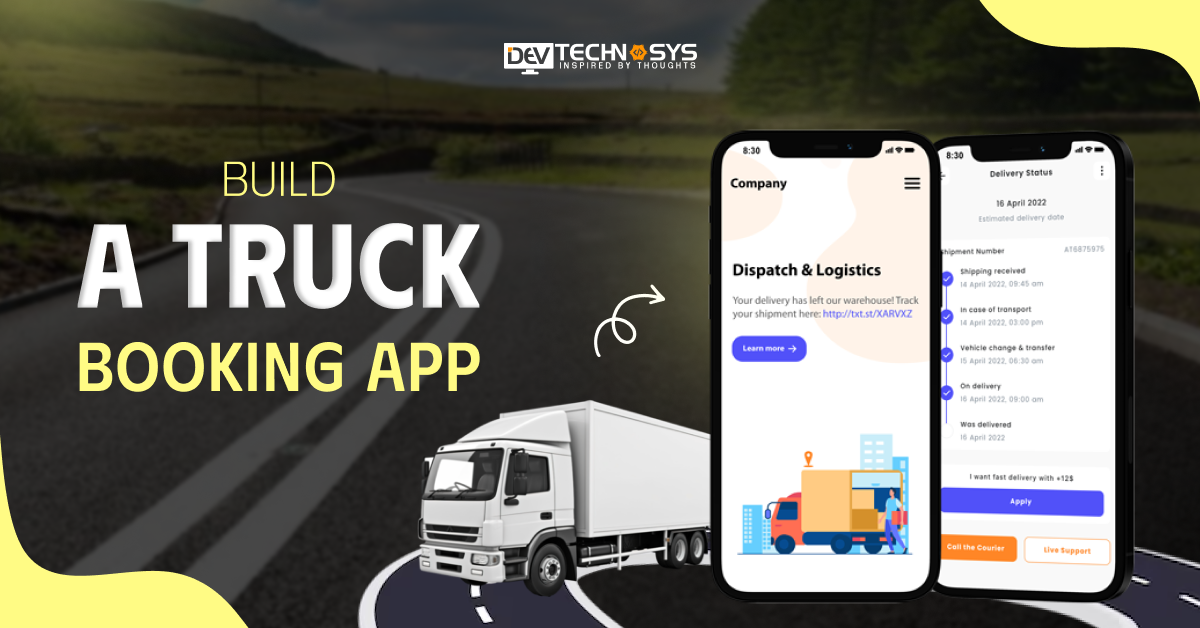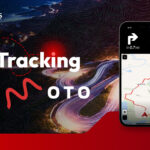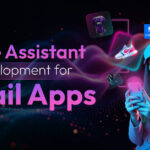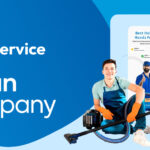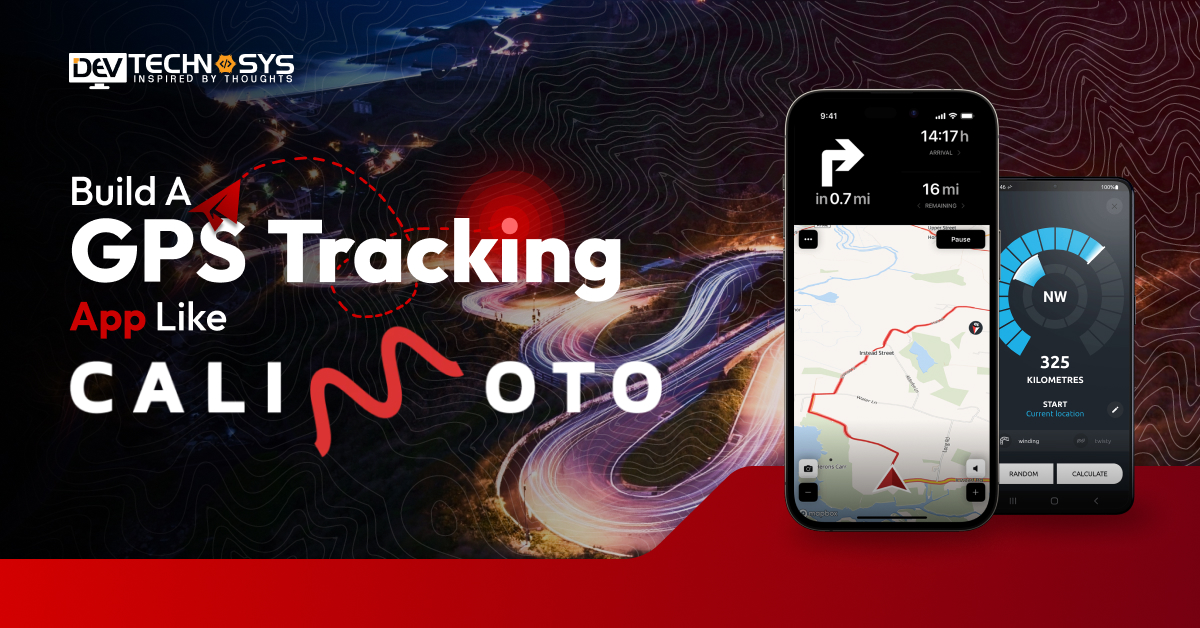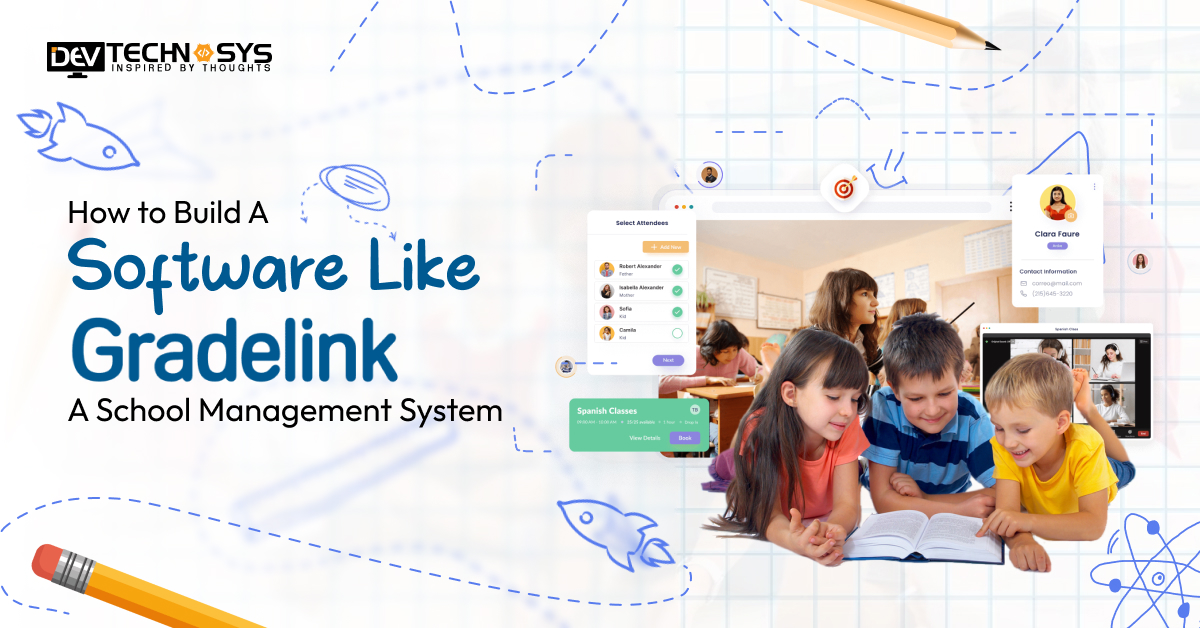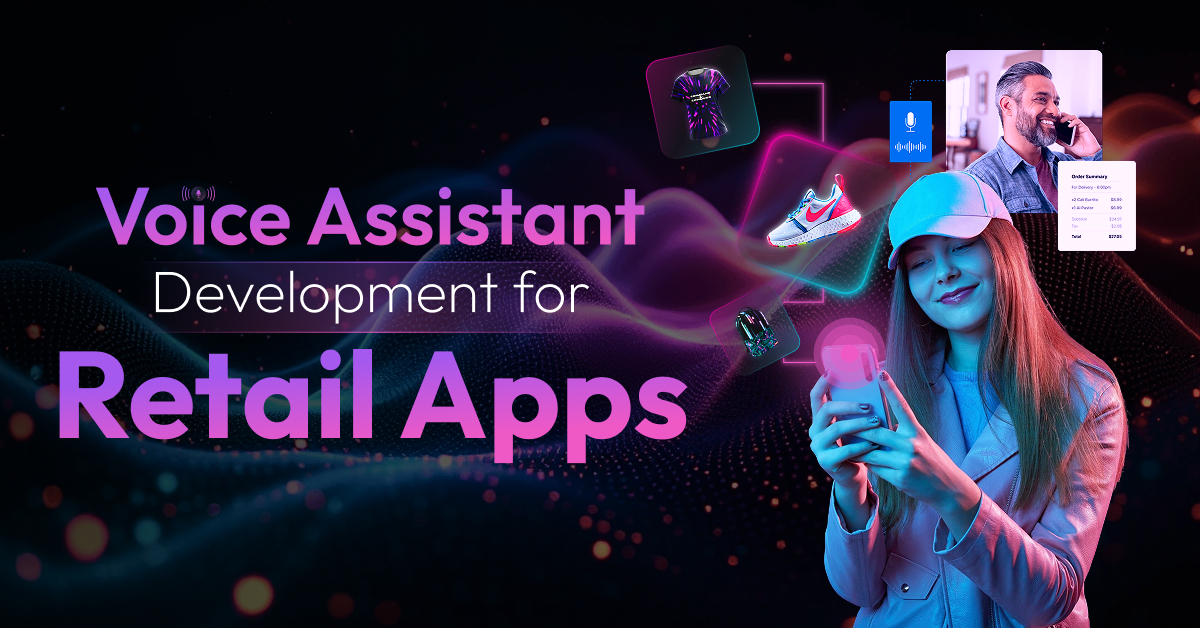Those days are gone, when booking a truck for transportation is a long or difficult process and calling transportation companies before a month ago. Now, there are many popular truck booking apps that offer convenience and flexibility while booking a truck with an instant effect, and users can also track their shipments in real-time. It allows users to fill the pickup details of their desired locations and schedule according to their comfort and availability.
Look what I found: the truck booking application was valued at around $202.44 billion in 2023, and it is projected to grow around $350.34 billion by the end of 2030.
This above collective data shows that building a truck booking app is a lucrative opportunity for businesses to reach the next levels.
Let’s get ready to explore how to build a trucking booking app, cost, premium functionalities, benefits, monetization techniques, and more.
What is Truck Booking App?
A truck booking app is a mobile or web-based application that enables users to effortlessly book trucks for freight transportation. It connects customers to truck service providers, allowing for rapid booking, real-time tracking, and safe payment. These apps include features such as route optimization, cargo tracking, and the availability of several vehicle kinds. If you create a logistics app like Porter, it enables organizations and individuals to optimize logistics, cut expenses, and increase delivery efficiency.
- Online Booking & Scheduling
- Real-Time Tracking:
- Cargo & Truck Details
- Route Optimization
Market Analysis of Truck Booking Applications
- By the end of 2030, the truck booking app is expected to have grown from its 2023 valuation of about $202.44 billion to $350.34
- According to the global market, truck booking applications are expected to grow with a compound annual growth rate of 3% during the forecast period of 2024 to 2030.
- In 2023, Asia Pacific held a4% global revenue share and dominated the on-demand transportation market.
- Cargomatic Inc., Dropoff, Inc., Flexport Freight Tech LLC, Freightos, J.B. Hunt Transport, Inc., Loadsmart Inc., NEXT Trucking, and Ninjatruck are a few of the major companies in the on-demand trucking business.
- The simplicity, real-time connectivity, and widespread use of smartphones contributed to the mobile apps segment’s almost 68% market dominance in 2023.
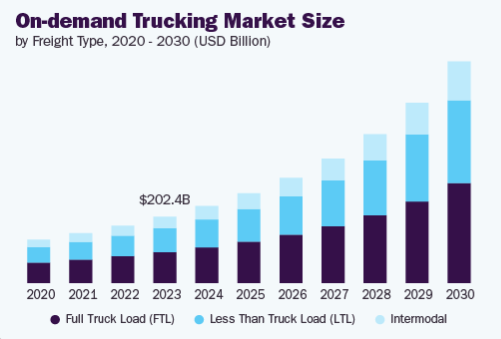
10 Perfect Truck Booking Apps
The following table lists the 10 best logistics apps for Android and iOS, together with information on downloads, reviews, launch year, and platform accessibility:
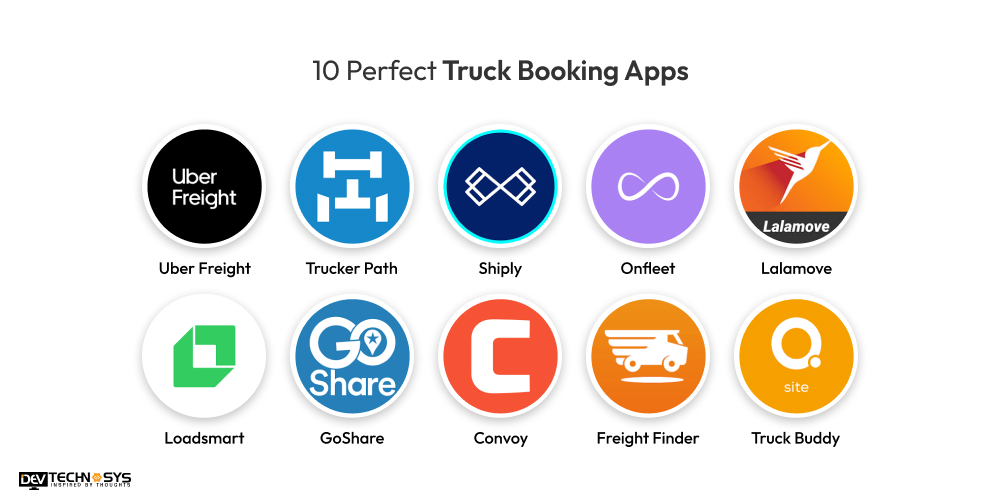
| Applications | Download Users | Stores Ratings | Apps Launched On | Platform Accessibility |
| Uber Freight | 1M+ | 4.8 | 2017 | Android/iOS |
| Trucker Path | 1M+ | 4.7 | 2013 | Android/iOS |
| Shiply | 500K+ | 4.4 | 2008 | Android/iOS |
| Onfleet | 500K+ | 4.8 | 2012 | Android/iOS |
| Lalamove | 10M+ | 4.6 | 2013 | Android/iOS |
| Loadsmart | 500K+ | 4.6 | 2014 | Android/iOS |
| GoShare | 500K+
|
4.7 | 2014 | Android/iOS |
| Convoy | 500K+
|
4.6 | 2015 | Android/iOS |
| Freight Finder | 100K+ | 4.0 | 2016 | Android/iOS |
| Truck Buddy | 100K+ | 4.5 | 2016 | Android/iOS |
Why Do Businesses Invest in Truck Booking App Development?
Investing in truck booking app development helps businesses streamline logistics, reduce costs, improve customer satisfaction, and scale operations, ultimately boosting overall profitability. Here, we provide the key benefits:
- Better Time Management and Efficiency
- Cutting Expenses
- Improved Experience for Customers
- Flexibility and Scalability
- Knowledge Based on Data
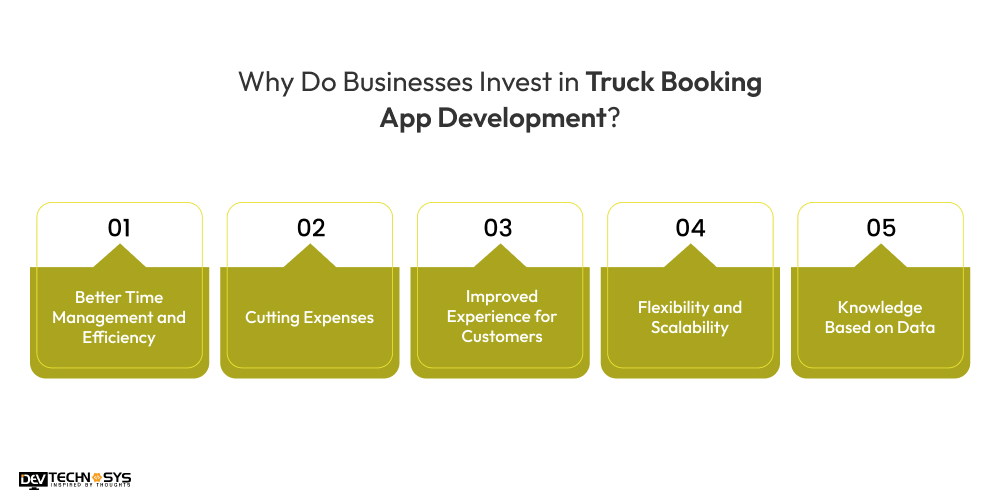
1. Better Time Management and Efficiency
Businesses can effectively manage their logistics and transportation operations with the help of truck booking apps. Businesses can guarantee on-time delivery and minimize delays with tools like automatic scheduling, real-time tracking, and route optimization. In the end, this saves time and increases service speed by doing away with the requirement for manual intervention and lowering human error.
2. Cutting Expenses
Businesses can lower transportation expenses and fuel usage by implementing automated features like route optimization. Truck booking software lower operating costs by choosing the most efficient routes and eliminating empty kilometers. Additionally, fleet management software development company should steer clear of last-minute cancellations, misunderstandings, and overbooking, all of which can result in cost overruns.
3. Improved Experience for Customers
Customers want dependable and quick delivery services in today’s cutthroat market. The customer experience is greatly improved by truck booking apps, which offer features like real-time tracking, anticipated arrival times, and rapid notifications. This openness helps firms draw in new clients and keep existing ones by fostering long-term relationships, boosting customer satisfaction, and establishing trust.
4. Flexibility and Scalability
It might get harder to manually manage logistics as a business expands. Apps for truck bookings grow with the company with ease. Companies don’t need to completely revamp their systems to accommodate extra cars, drivers, and routes. These apps’ adaptability gives firms a competitive edge by enabling them to quickly adjust to shifting market conditions or demand fluctuations.
5. Knowledge Based on Data
Develop an app like Truckster offer useful information on consumer behavior, vehicle performance, fuel consumption, and delivery trends. Making educated decisions, enhancing route planning, and streamlining fleet management are all possible with this data. Businesses can find inefficiencies and areas for development by examining performance indicators, which enables improved strategic planning and expansion.
7 Significant Steps to Build a Truck Booking App
To make a truck booking app with unique functionalities, you need to observe the robust development stages to integrate the specific requirements and demands. The below steps help businesses understand each development process and easily build a successful freight booking app. So, here we provide the robust mobile app development process:
- Clear Requirements and Goals
- Features and Functions
- Choose Tech Stacks
- Design UI/UX
- App Development
- Testing and QA
- Publishing and Maintenance
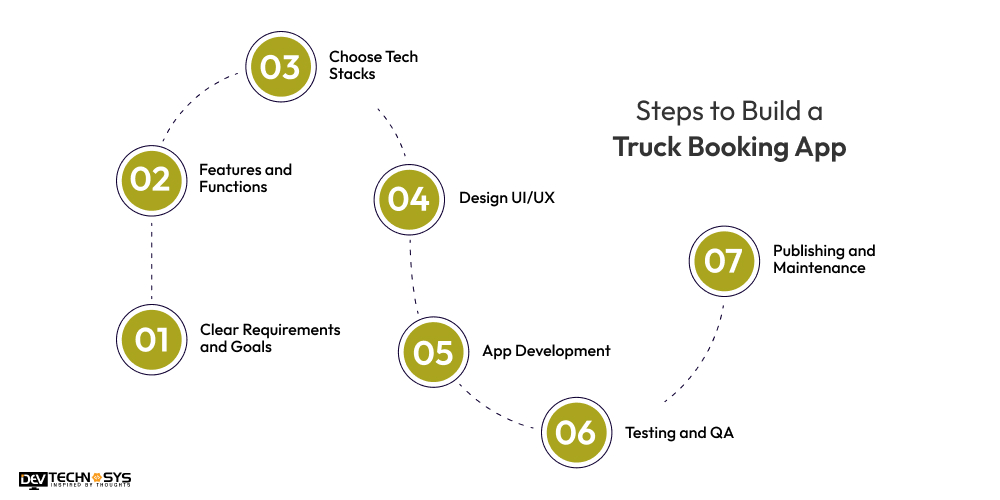
1. Clear Requirements and Goals
Let’s start with the first stage of development, identify the basic and advanced project requirements that must be integrated. Clear the future goals of your project and make a plan for competitors and how you can compete with them in this competitive market.
| What are your app’s basic or advanced requirements? |
| Clear your app’s future goals. |
| Which transport booking app are more successful and trending in this competitive market? |
2. Features and Functions
Come to the second stage of development, hire dedicated developers to integrate the selected features such as real-time tracking, online booking, and route optimization in your project. You can also analyze the existing cargo booking apps features and find out some useful functionalities.
| What are your app’s basic features and functions? |
| Observe the existing truck dispatch apps for the best features. |
| Make an organized sheet of features and functions to reduce data redundancy. |
3. Choose Tech Stacks
In this third stage of development, choosing the best tech stack is crucial for successful app development. It includes many advanced tech stacks, such as HTML and CSS(for the front), Java and Python(for the back), MongoDB and MYSQL(database), and AdobeXD and Sketch(for designing).
| Which type of tech stacks are used in your car freight booking app development? |
| Define your scalability requirements. |
| Choose advanced or basic tech stacks. |
4. Design UI/UX
Connect to another development step: hire mobile app developers to design a user-friendly interface that allows users to easily navigate all the functionalities of the app. It includes premium themes, templates, in-built plugins, layouts, and more.
| What are wireframes in UX design? |
| What tools do you use for prototyping? |
| How do you ensure a responsive design? |
5. App Development
In the fifth stage of development, you need to assemble highly skilled developers to begin the real coding for a strong-backed process and frontend processes. This stage includes various implementation phases such as third-party integrations, inbuilt features, server-side services, and more.
| Do you want to create hybrid or native apps? |
| Choose highly talented mobile app developers. |
| Integrate a high number of features and functions. |
6. Testing and QA
In the second and last development stage, hire experienced developers from an on-demand app development company to test the app using different testing methods, such as unit and functional. Check the app’s quality and make sure all the designing and backend processes are correctly working.
| Make sure that all features and functions are working properly |
| Use various testing methods, such as functional and usability testing. |
| Check the app’s quality and make sure the quality remains the same. |
7. Publishing and Maintenance
In this final stage of development, launch the app on the selected platforms, such as Android and iOS. After it is successfully published, start the maintenance services such as fixing bugs or glitches, updating the features, adding new enhancements, and regular updates.
| Launch your app on selected platforms like Android and iOS. |
| Use the best marketing techniques. |
| Assign the post-maintenance phases to maintain the app’s performance. |
10 Must-Have Features of Truck Booking Apps
These features enhance both operational efficiency and customer satisfaction, making truck booking apps invaluable tools for modern logistics management. Here are 10 must-have features of truck booking apps:
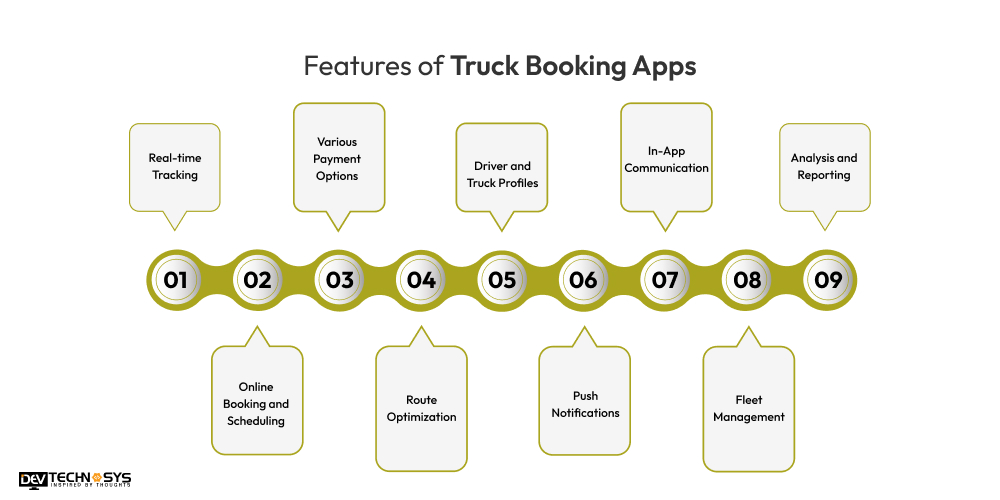
1. Real-time Tracking
Users may track vehicle positions and delivery progress in real time, assuring transparency and reliability.
2. Online Booking and Scheduling
The freight management system allows users to hire trucks, select pick-up/drop-off locations, and schedule delivery times, providing flexibility and convenience.
3. Various Payment Options
Supports a variety of payment methods (credit/debit cards, digital wallets, and cash on delivery), making transactions simple and secure.
4. Route Optimization
Suggests the most efficient delivery routes, lowering fuel expenses, cutting trip time, and increasing delivery efficiency.
5. Driver and Truck Profiles
The fleet management app provides specific information on available drivers and trucks, such as ratings, experience, truck capacity, and cargo type.
6. Push Notifications
Sends notifications to users about truck arrival schedules, route modifications, and delays, keeping everyone informed during the journey.
7. In-App Communication
The transport booking app facilitates direct communication between the customer and the driver for any urgent questions or updates, hence enhancing coordination.
8. Rating and Review System
If you create a packers and movers app, it allows users to rate drivers and services, promoting quality and accountability within the system.
9. Fleet Management
Enables businesses to track and manage their fleet of trucks, monitor usage, and ensure efficient vehicle deployment.
10. Analysis and Reporting
Provides precise statistics on fuel consumption, delivery times, and consumer behavior, allowing organizations to improve routes, fleet usage, and overall logistics strategy.
The Cost to Build a Truck Booking App
The cost to develop a truck booking app typically runs from $8,000 to $25,000, depending on app complexity, features, and style. Basic apps with essential features like booking, payment integration, and real-time monitoring may be less expensive, however, additional features like route optimization, fleet management, and analytics might increase the mobile app development cost. Additional costs include continuing maintenance, server hosting, and potential integrations with third-party services. The development platform (iOS, Android, or both) has an impact on the total cost.
Cost to Develop a Truck Booking App
| Truck Booking App Development
|
Estimated Cost | Time Frame |
| Simple App Development
|
$8000 – $13000 | 3 to 6 Months |
| Mid-Premium App Development
|
$14000 – $21000 | 6 to 9 Months |
| High-Premium App Development
|
$25000+ | 9+ Months |
What are the Factors That Affect Truck Booking App Development Cost?
Several factors influence the cost of establishing a truck booking app. These factors influence both the complexity and the ultimate cost of the project:
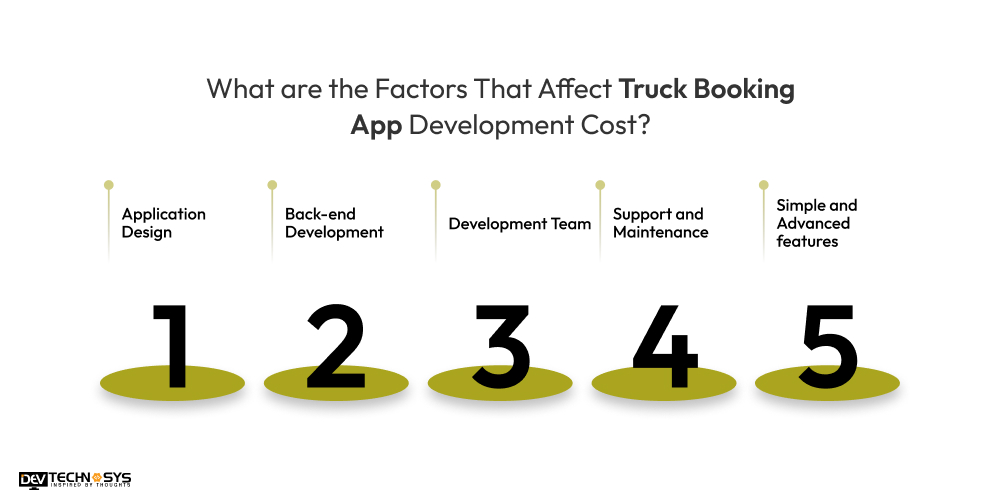
1. Application Design
The app’s design, which includes the user interface (UI) and user experience (UX), has a substantial impact on development expenses. A visually appealing, intuitive, and responsive design is vital for providing a consistent experience across all devices. Custom designs, elaborate animations, and smooth navigation flow will take longer to produce, resulting in higher expenses as compared to simple designs or templated solutions.
| Design Quality | Cost Estimation |
| Basic Design | $8,000 – $12,000 |
| Complex Design | $15,000 – $22,000 |
2. Back-end Development
The backend of truck booking software is critical for data management, user profiles, payment processing, truck tracking, and route optimization. Complex back-end infrastructure, including connectivity with third-party systems, database management, and real-time updates, will raise truck transportation app development time and expenses. Advanced features such as route optimization algorithms, GPS tracking, and geolocation services increase the back-end complexity.
| Backend Development | Cost Estimation |
| Basic Backend Process | $10,000 – $18,000 |
| Premium Backend Process | $20,000 – $28,000 |
3. Development Team
The cost to develop a truck rental app like Bungii depends on the size and experience of the development team. Creating a strong and user-friendly app requires skilled developers, designers, and project managers. A development team with experience in logistics, mobile app development, and integrating third-party services will charge more money. Hiring developers from regions with greater labor prices will have an impact on the entire budget.
| Developer’s Experience Level | Cost Estimation |
| Entry-Level Developer | $15 – $18/ Per Hour |
| Mid-Level Developer | $18 – $22/ Per Hour |
| Senior-Level Developer | $25+ / Per Hour |
4. Support and Maintenance
Post-launch support and maintenance are continuous expenses that organizations should incorporate into their development budget. This includes frequent updates, bug fixes, security patches, and new features. Maintenance costs typically range from 15-20% of the original development cost every year, depending on the app’s complexity and frequency of updates.
| Maintenance Phase | Cost Estimation |
| Simple Maintenance Phase | $2,000 – $4,000/year |
| Complex Maintenance Phase | $7,000 – $9,000/year |
5. Simple and Advanced features
The amount and type of features included in the app will significantly effect the cost of logistics app development. Basic features like booking, payment connection, and real-time tracking are less expensive to integrate. However, adding complex capabilities such as route optimization, fleet management, AI-based logistics, or advanced reporting may necessitate additional development time and resources, raising the overall truck booking app cost.
| Features | Cost Estimation |
| Core Features(Real-Time Tracking and Booking System) | $8,000 – $11,000 |
| Advanced Features(Route Optimization and Advanced Analytics & Reporting) | $13,000 – $18,000 |
How to Generate Revenue Streams From a Truck Booking App?
Revenue from a truck booking app can be generated through a variety of business models and tactics. Here are five efficient methods for monetizing a truck booking app:
- Commission-Based Model
- Subscription Model
- A Freemium Model with Paid Upgrades
- Advertising
- Partnerships and Integrations
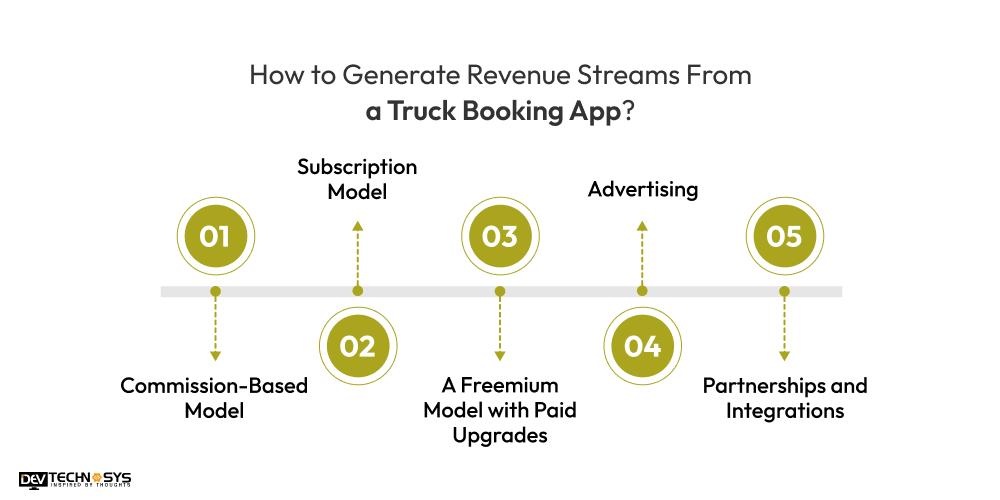
1. Commission-Based Model
A frequent business strategy for truck booking apps is to charge a commission for each transaction between the consumer and the truck driver. After a user books a truck for a delivery, the app may charge a portion of the entire fare. This strategy assures a continuous revenue stream depending on booking volume and is scalable as the site grows.
2. Subscription Model
Offering a subscription-based approach to businesses or regular customers might be a profitable revenue stream. Subscribers can pay a monthly charge for premium advantages like priority booking, discounted pricing, and advanced booking capabilities. Businesses with large fleets may also be provided subscription options that enable them to manage several trucks at a reduced cost.
3. A Freemium Model with Paid Upgrades
A freemium model offers consumers free access to basic capabilities like booking and rudimentary tracking. Users can pay for upgrades that include additional capabilities such as route optimization, real-time analytics, and fleet management. According to the Android app development company, this strategy draws a huge number of customers while enticing them to upgrade to paying plans as their demands increase.
4. Advertising
Businesses in the logistics, transportation, or automobile industries can place advertisements within the app if it has a large number of active users. Offer ad space to related organizations, such as insurance providers, truck manufacturers, or third-party logistics companies, to generate revenue. In-app adverts provide a passive revenue stream while preserving the user experience.
5. Partnerships and Integrations
Truck booking apps can generate cash by partnering with other service providers. For example, integrating payment gateways, gas stations, vehicle maintenance services, or GPS providers and taking a share of transactions can generate additional revenue. This builds an ecosystem within the app, which adds value for both users and partners.
Conclusion
In this blog, we explored detailed information about how to build a truck booking app and how it can be beneficial for entrepreneurs to invest in it. We also offer the proper cost explanations, and businesses easily get an idea of estimated development cost and what factors can impact the development cost. The truck booking applications allow users to book the truck for transportation in advance and track them in real time.
Are you looking to create a truck booking app? If yes. You can consult with a mobile app development company to receive cost-effective development solutions.
Frequently Asked Questions
1. How Much Does It Cost to Build a Truck Booking App?
The cost to build a truck booking app normally ranges from $8,000 to $25,000, depending on app complexity, features, design, and platform (iOS, Android), with sophisticated features and modifications raising the total cost.
2. How Much Time Does It Take To Create a Truck Booking App?
It typically takes 3 to 9 months to make a truck booking app, depending on the complexity, features, platform (iOS, Android), and the development team’s experience, with customizations extending the timeline.
3. Can I Monetize My Truck Booking App?
Yes, there are numerous income models available, including commission-based earnings per transaction, subscription models for premium customers, freemium models with paid upgrades, advertising, and collaborations with other service providers.
4. What is the Maintenance Cost After the App is Launched?
Maintenance typically costs 15-20% of the initial development cost per year, which includes updates, bug repairs, security patches, and any new features introduced to the program.
🚚 Ready to revolutionize your logistics game? Discover how to build a truck booking app with Dev Technosys! From essential features to cost breakdowns, our guide drives success. Let’s hit the road together! #TruckBooking #AppDevelopment #LogisticsTechhttps://t.co/9yF3LwmGLC
— Dev Technosys (@DevTechnosys) March 11, 2025
